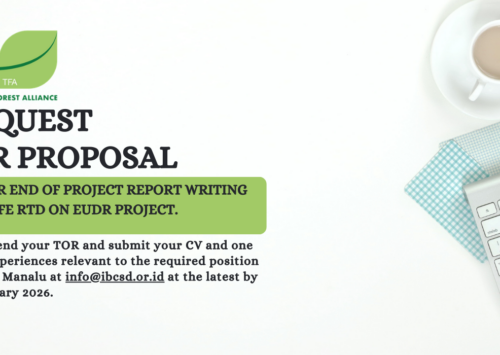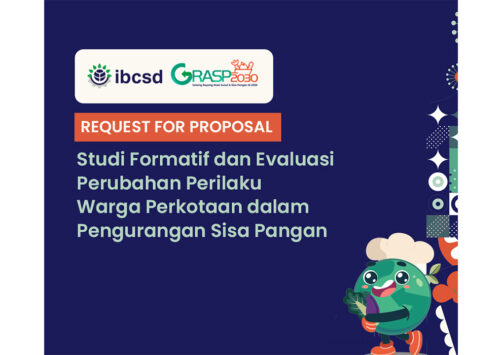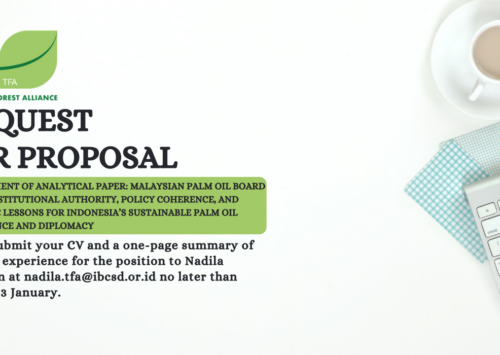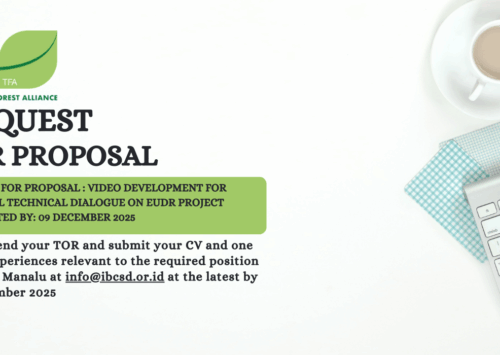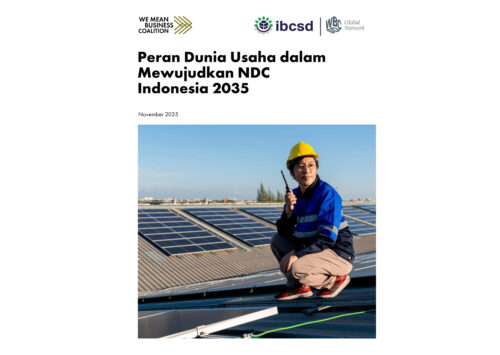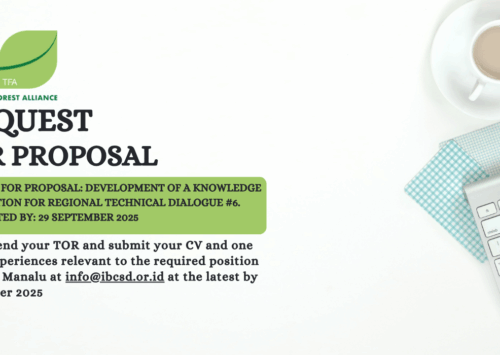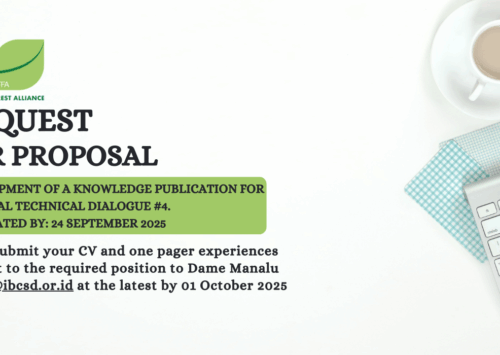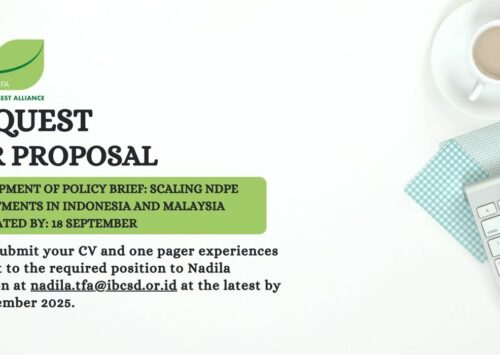However, challenges persist—such as inconsistent implementation, leakage, and risks of smallholder exclusion. To address these, companies are increasingly engaging in jurisdictional approaches that bring together government, civil society, and private actors. These platforms strengthen alignment with regulations, improve traceability, enable smallholder inclusion, and open access to green finance and carbon markets.
Downstream, initiatives such as the Consumer Goods Forum’s Forest Positive Coalition have expanded NDPE principles into sector-wide roadmaps and performance indicators, helping harmonize reporting and close policy–implementation gaps.
NDPE Implementation Reporting Framework (IRF)
To translate policy into measurable action, the NDPE Implementation Reporting Framework (IRF) was introduced in 2018 by industry, NGOs, and technical experts. The IRF helps companies:
- Assess NDPE implementation across their sourcing base;
- Report progress consistently through a tiered framework;
- Identify gaps and prioritize improvements.
With its Data Verification Protocol, the IRF enhances credibility and comparability across disclosures. It is now used by major refiners and traders in Indonesia as a benchmark to evaluate suppliers, guide support, and strengthen upstream engagement.
Together, NDPE and the IRF are key mechanisms supporting Indonesia’s sustainable commodity transition. They provide tools to manage risk, ensure accountability, and align national priorities with global market demands for deforestation-free and inclusive development.
- POLICY BRIEF OBJECTIVES
The consultancy will produce a Policy Brief on Scaling NDPE Commitments in Indonesia and Malaysia, with the following objectives:
- Clarify NDPE in the Indonesian Context
Explain the origins and principles of NDPE, its relevance for Indonesia’s palm oil sector, and its alignment with national regulations and local supply chain realities. - Assess Challenges and Solutions
Identify key implementation gaps—traceability, smallholder inclusion, leakage, and policy misalignment—and propose practical, inclusive solutions for compliance. - Promote Jurisdictional Approaches
Highlight the value of area-based NDPE implementation through case studies (e.g., Siak, Pelalawan, Seruyan) and promote alignment between private sector policies and government planning. - Advance Adoption of the NDPE IRF
Advocate for broader use of the NDPE Implementation Reporting Framework (IRF) to support transparency, risk management, and alignment with ESG and investment standards.
- SCOPE OF WORK
The selected consultant/firm will be responsible for:
- Conducting desk research, interviews, and consultations with key stakeholders (government, companies, NGOs, smallholder representatives).
- Drafting, revising, and finalizing the Policy Brief in close coordination with TFA.
- Developing IRF adaptation guidance for Indonesia.
- Designing visuals, infographics, and layouts for the publication.
- Producing supporting knowledge products (executive summary, slide deck, etc.).
- Delivering all outputs in both English and Bahasa Indonesia.
- DELIVERABLES
The consultant/firm will:
- Develop a comprehensive Policy Brief (~15 pages) that:
- Explains NDPE origins, evolution, and relevance to Indonesia.
- Analyzes challenges and opportunities for implementation.
- Proposes inclusive solutions, especially for smallholders.
- Highlights jurisdictional approaches as scaling mechanisms.
- Promotes adoption of the NDPE IRF.
- Produce adapted guidance on IRF implementation for Indonesia.
- Design knowledge toolkits to support uptake and dissemination, including:
- Executive summary (2 pages)
- Slide deck template
- Infographics, case maps, flowcharts
- Support strategic dissemination planning (launch, stakeholder outreach, integration into workshops).
- QUALIFICATIONS
The consultant/firm should demonstrate:
- Advanced university degree (Master’s or higher) in environmental studies, forestry, agricultural economics, public policy, international development, or other relevant fields, combined with proven experience in sustainability and deforestation-free supply chains.
- Proven expertise in palm oil sector governance in Indonesia.
- Strong research, analytical, and policy writing skills.
- Experience developing high-quality policy briefs or knowledge products for international organizations.
- Familiarity with NDPE, IRF, jurisdictional approaches, and smallholder inclusion.
- Strong design and communication capabilities (visual storytelling, infographics, layout).
- Fluency in English and Bahasa Indonesia.
Please submit your CV and one pager experiences relevant to the required position to Nadila Simbolon at [email protected] at the latest by 26 September 2025.
